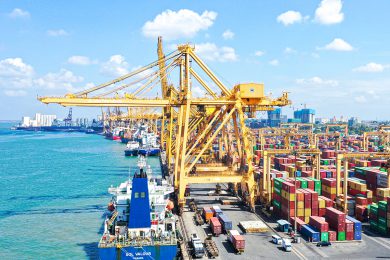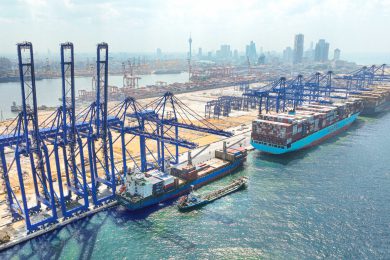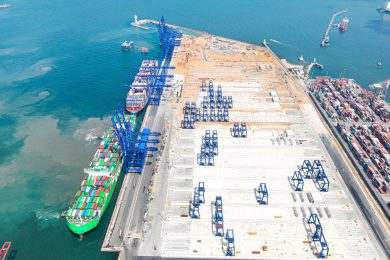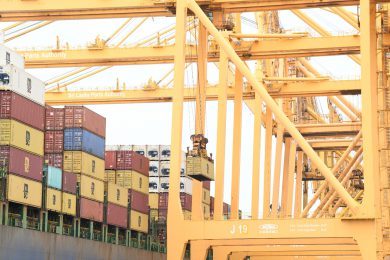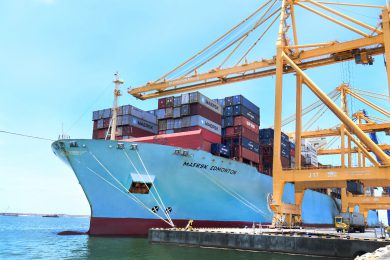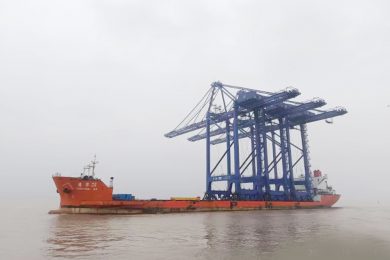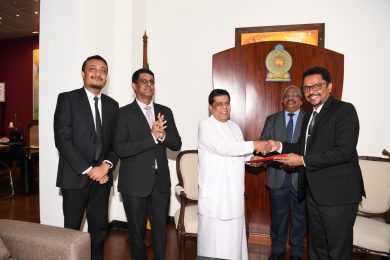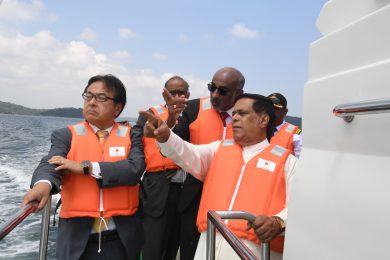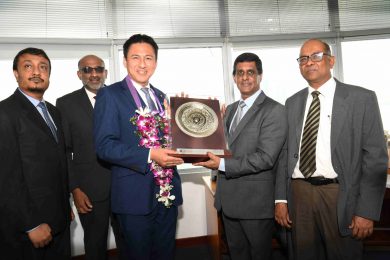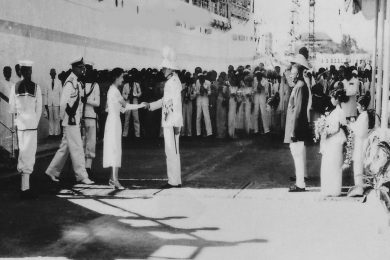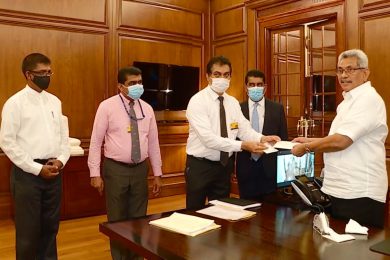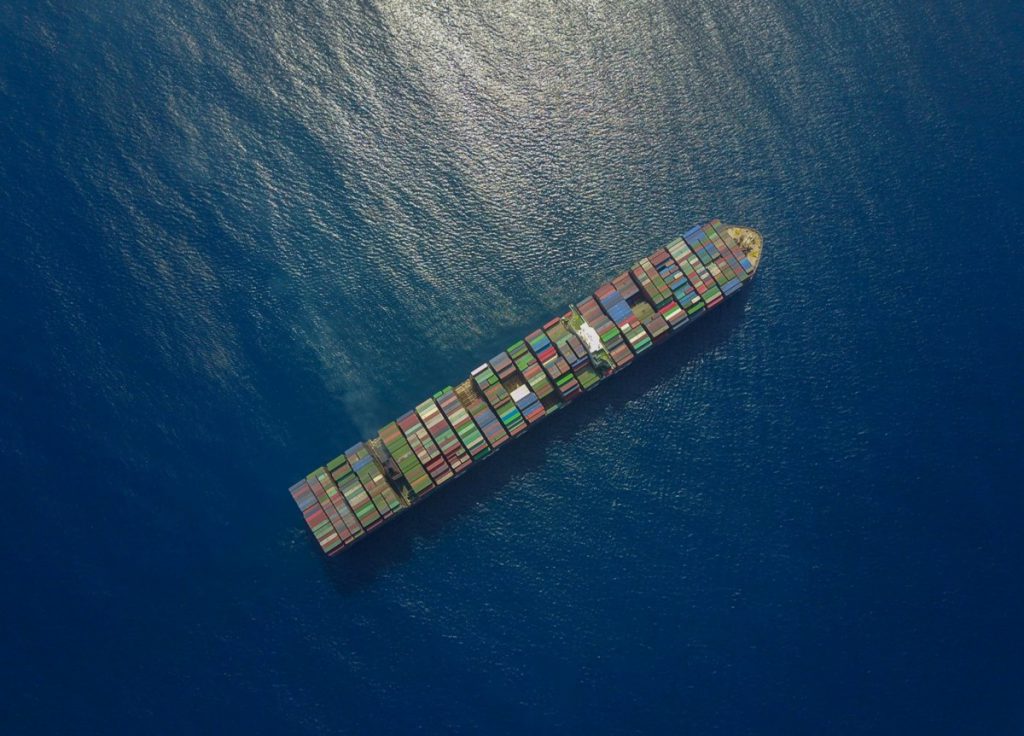The World Shipping Council (WSC) has identified six regulatory and economic pathways that can lead to zero-carbon shipping.
“We are committed to decarbonising shipping and have multiple ideas and projects in the pipeline. But to be able to make these investments, to take the necessary risks, we – and all other maritime actors – need a regulatory framework that addresses the key strategic issues,” stated John Butler, president & CEO of WSC.
He went on to add, “We are now offering our perspective on the critical pathways the Internationa Maritime Organization (IMO) should consider as it tackles this global challenge. Action is needed now by the governments of the IMO so as not to stall development but rather to support ambitious innovators and front runners.”
The WSC proposal relies on the following core elements:
The first one is a global price on carbon combined with dependable and broad-based “buy down” programmes, which effectively level the playing field among newer low and zero GHG ships and the tens of thousands of ships that will still be burning conventional fuels. WSC believes that this will play a large role in making it possible for companies to put zero GHG ships on the water and to operate them competitively.
The second pathway is transparent well-to-wake life cycle analysis of fuels, breaking out well-to-tank emissions and tank-to-wake emissions, combined with regulatory mechanisms to incentivise first-movers for use of alternative fuels that offer significant GHG reductions even if they are not available from fully renewable sources from the start.
The third element is integrated development of global production and supply of zero GHG fuels through partnerships between IMO member states and energy providers, as well as regulatory provisions that allow for flexibility in the initial stages of the energy transition, given that zero GHG fuels will not be available at the same time around the globe.
In addition, WSC said that a Green Corridors Programme is needed to accelerate an equitable fuel and technology transition, introducing zero GHG ships and fuels across trade lanes where the necessary shoreside energy infrastructure is first available.
“This will speed development of best practices and encourage IMO member states and interested parties to focus on government-to-government initiatives and coordinated public-private investments to build the necessary production facilities and supply infrastructure,” said WSC.
Furthermore, the council suggests new build standards that support the energy transition, such as requiring ships built after a certain date to be able to operate on zero GHG fuels or not allowing the construction of vessels that can only operate on fossil fuels after a certain date.
Last but not least, WSC suggests investments in research and development (R&D) projects. Applied R&D for shipboard and shoreside systems that allow the safe use of zero GHG fuels is necessary to put zero emission ships on the water, according to the council, which noted that “to avoid accidents and stranded assets, a significant increase in the level of R&D effort and investment is needed to develop the technologies necessary to use the most promising fuels onboard transoceanic ships.”
The critical pathways have been further detailed and submitted by WSC to the IMO (MEPC 78/7).
Each and every one of these elements should be part of an expanded IMO GHG Strategy, and WSC looks forward to working with member states and organisations to develop and integrate these elements into explicit regulations and programmes.
“We are looking to decarbonise shipping as soon as possible and will continue to lead the way in enabling shipping’s transition to zero. But we cannot do this alone,” pointed out John Butler.
“If we are to decarbonise shipping in line with the Paris agreement, the governments of the IMO must work together. For the sake of future generations and the future of shipping, our focus in the coming years must be to develop and implement innovative, concrete and equitable global regulatory frameworks,” he commented.
Butler concluded that “These are complicated matters and we do not pretend to have all the answers. What we do know is that we must develop these critical pathways together to address the climate challenge and transition the fleet to zero GHG ships.”



